Why Online Notarization is Critical to Stopping Deed Fraud
.jpg)
Deed fraud is on the rise across the United States, and the tactics fraudsters use to commit these property crimes are increasing in sophistication. While cases remain relatively uncommon, the harms are significant. For most Americans, a home is their most valuable asset and having it stolen is a devastating event.
This post is part of a series about deed fraud and focuses on online notarization's role in preventing it.
.jpg)
How online notarization stops fraudsters
As you’ve learned, notarization plays an important role in the lifecycle of a property transfer. For centuries, we've relied on a notary’s stamp to tell us when to trust the signature on a document. Unfortunately, rising rates of fraud mean we need more than an ink stamp to earn someone’s trust. In this article, you'll learn how online notarization creates a more trusted record than a paper notarization and can help prevent fraud.
Making sure you’re you
Identity Verification
Before meeting with a notary, a signer must successfully complete a series of digital identity checks to verify that the person appearing before the notary is the person who should be signing a document. Remote online notarization requires a multi-step identity verification, compared to an in-person visual check of a government-issued ID:
- Identity verification begins with knowledge-based authentication questions.
- Then, a signer completes credential analysis, which checks the authenticity of their government-issued ID.
- Finally, a notary public completes a manual review, comparing the results and photo ID with the person appearing before them.
The level of identity proofing in an online notarization extends beyond what is required during an in-person notarization and another reason to trust the records completed with Proof.
However, not all online notarization vendors are the same.
During the credential analysis process, Proof runs more than 25 different verification checks on the ID to confirm its authenticity. Some irregularities will prevent the signer from accessing the notary meeting entirely, like presenting a fake ID that includes the image of a public figure. Credential analysis flags other issues for the notary to troubleshoot as part of the identity verification process. For example, if a signer’s uploaded ID is blurry or has a glare, the notary can prompt the signer to retake the photo of their ID to ensure its information is legible and verifiable.
Proof also gives notaries tools to visually inspect the signer’s ID. These tools allow the notary to rotate the ID and zoom in to inspect key details – just like they would if they were inspecting the ID in person.

Video evidence
Unlike in the paper world, online notarization creates a detailed and connected trail of evidence, making it difficult for a fraudster to slip away like nothing ever happened.
The video recording is the most important piece of this evidence. Online notarization produces an end-to-end recording of the signing session, showing what the signer and the notary looked and sounded like. If fraud is ever suspected, this video can be reviewed for authenticity and submitted to law enforcement or a court as indisputable evidence of a signer's identity, awareness, and intent.
Enhanced documentation
The Proof platform provides robust documentation after a completed notarization. Paper notarizations are not only inefficient, they pose a security risk.
Paper provides little-to-no insight into the life cycle of a document. Where did the document come from? How can I verify that the signatures on the document are legitimate? With paper, it's very hard to know if the notary's signature or stamp was forged and even more difficult to know if the document was altered after the notarization is complete.
If a paper notarization is called into question, a physical notary journal may exist to provide details surrounding the transaction. While a journal can be helpful, it often only includes basic information like the date, time, and type of notarization performed. Outside of the journal, the notary’s memory may be the only other available evidence to help in a fraud investigation.
A notary’s digital stamp is much more than a .jpg image applied to the document. When completing an online notarization, notaries attach a digital certificate to the document at the end of the transaction. Like a notary stamp, a digital certificate is unique to every notary and is only assigned after a notary has verified their identity. Applying a digital certificate to a document cryptographically associates the notary's identity to the document, acts as a digital lock and makes it tamper-proof after the transaction has ended.
This technology allows us to prevent a notary's signature from being forged and ensure that the notary was in control of their stamp and in good standing at the time of the notarization.
We’re taking this technology a step further with the launch of Proof's digital certificates. We recently announced that soon we will issue our own digital certificates, which have been fully audited against WebTrust standards and meet the requirements of the Adobe Authorized Trust List (AATL). Proof will be the the first online notarization platform that verifies a notary’s identity to meet federal identity proofing standards (NIST IAL2) in order to issue a digital certificate. Our system requires a notary’s certificate to be securely vaulted in the cloud with specialized servers which contain advanced hardware security modules. We use the same infrastructure that’s used to store the internet’s most sensitive encryption keys. This ensures that a notary’s certificate cannot be hacked from within and outside the data center.
This added security is visible and distinguishable on every document. When notaries complete a notarization with a Proof digital certificate, their signature can be distinguished with a visible green checkmark in Adobe Acrobat Reader which indicates that the signature has been applied with a higher level of security. Proof is the first online notarization platform with notary signatures that have the green checkmark and we will start to roll out our new certificates to notaries this year.
How else is Proof providing an unparalleled online notarization experience?
- Proof is a SOC 2-compliant platform, meaning our internal cybersecurity practices meet rigorous industry standards for the protection and handling of sensitive information.
- Proof makes recordkeeping available to notaries, providing a secure notary journal that complies with the requirements of the notary’s commissioning state. This makes document records and evidence of compliance more readily accessible when needed.
- Proof’s Enhanced Signer Identification, available to customers with a business account, provides an additional layer of information about a signer, including detailed signer information, a timeline of events, and more.
- Proof provides a comprehensive audit trail that reflects every action the signer took on the Proof platform.
- Proof ensures that any conversation that occurs through Proof’s in-meeting chat feature that otherwise wouldn’t be included in the audio/video recording is included in the transaction record.
Stopping notary fraud
Proof provides signers with secure access to the largest network of compliant online notaries – 24/7. We can offer compliant notaries at scale because we vet every notary that joins the Proof platform. This includes both the notaries in your community working on behalf of a company, and independent notaries on the Notarize Network.
Although notaries are commissioned to act as trusted officials, a portion of property fraud today involves notaries who knowingly execute fraudulent documents. We’ve discussed how digital certificates and video evidence can help to identify notary fraud. Proof also has an onboarding process that takes the necessary precautions to connect you to a notary you can trust.
Each notary submits their information to the Proof platform, which tailors the onboarding process to each state’s unique requirements. Our team then reviews each notary profile to ensure the notary has the proper commission, insurance, and state approvals to complete notarizations online.

Additionally, any notary interested in serving as a notary on the Notarize Network must obtain Notary Signing Agent (NSA) Certification through the National Notary Association. The NSA Certification process includes a background check and must be completed annually.
Once onboarded, all notaries have access to Proof’s extensive platform training, knowledge base, and transaction simulator. Notaries on the Notarize Network are required to complete Proof’s platform training and a skills assessment before serving signers, including a class called Stamping Out Fraud that addresses fraud online.
Additionally, the Proof platform intelligently monitors the expiration dates of each notary’s commission and E&O policies. Notaries are notified 30 days in advance if any of their documentation is set to expire. Any notary that allows their documentation to lapse may not complete notarizations until their information is updated and verified by Proof. The combination of automated touch points and human training helps ensure transactions on Proof are only handled by notaries authorized and trained to perform online notarizations.
Notaries are given the tools to detect fraud
Proof trains Notarize Network notaries to treat each online notarization like an in-person notarization. This includes verifying the signer’s identity, their understanding of the contents of the document, and that they are signing the document of their own free will.
Unlike the in-person notarization process, Proof arms notaries with tools to spot the subtle signs of fraud. Notaries can then take the necessary steps to verify a signer’s identity, or terminate a meeting they believe to be fraudulent.

A survey conducted by the National Notary Association found that 30% of notaries have faced pressure from signers or employers to ignore or break state laws while notarizing documents. Some notaries handling transactions in person may feel compelled to complete an improper notarization in order to keep their job or ensure their safety.
Online notarizations with Proof include a “Terminate” button that notaries can use when they have concerns about the transaction. Reasons a notary would terminate a meeting are scenarios like the inability to identify the signer, signer distress, or off-screen coercion. This allows notaries to protect the integrity of notarizations without placing themselves at risk.
Online notarization is critical in preventing and fighting deed fraud. The combination of enhanced identity verification, human interaction with a notary, elevated documentation and retention comes together to create a process designed to not only prevent fraud, but deliver a document that you can trust.
















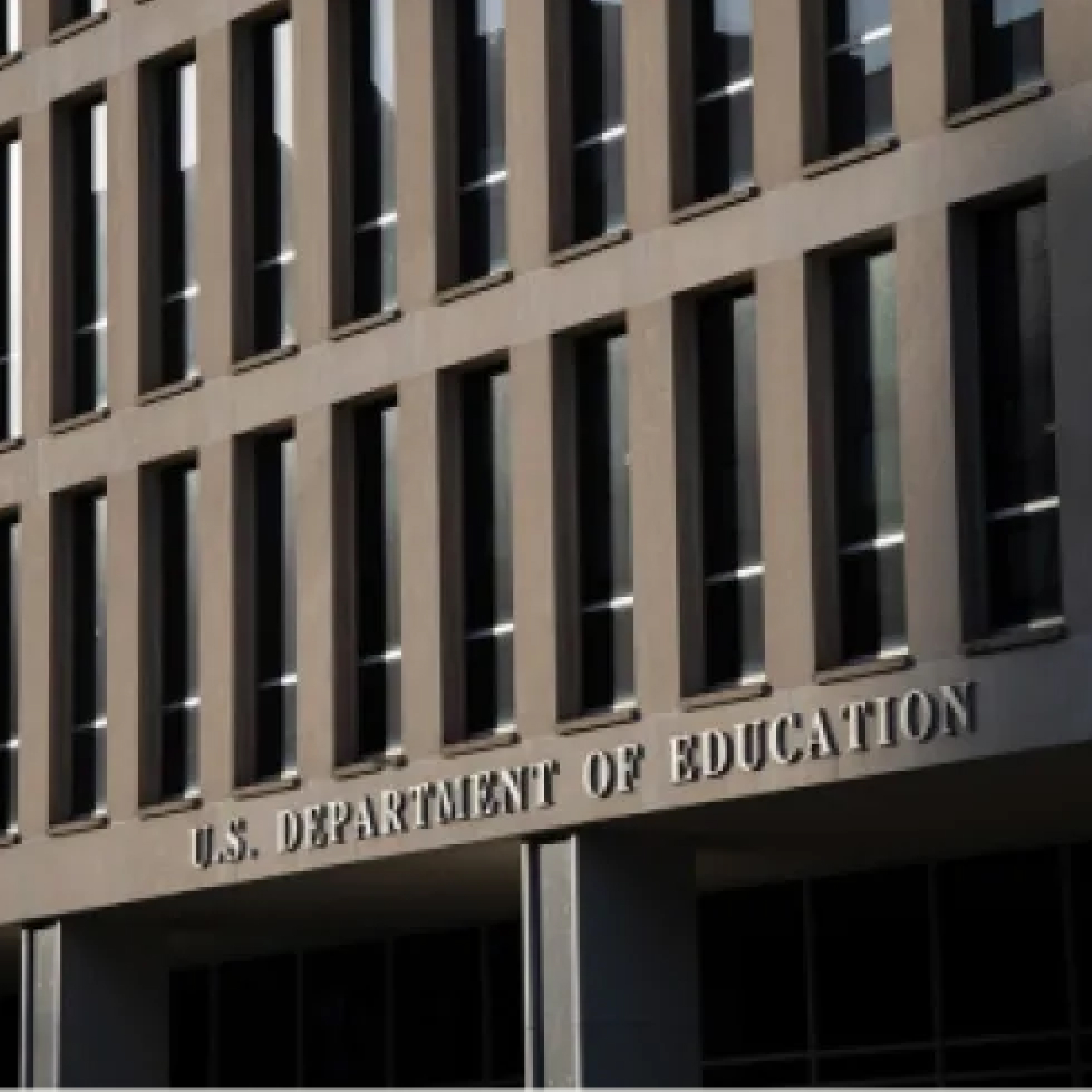



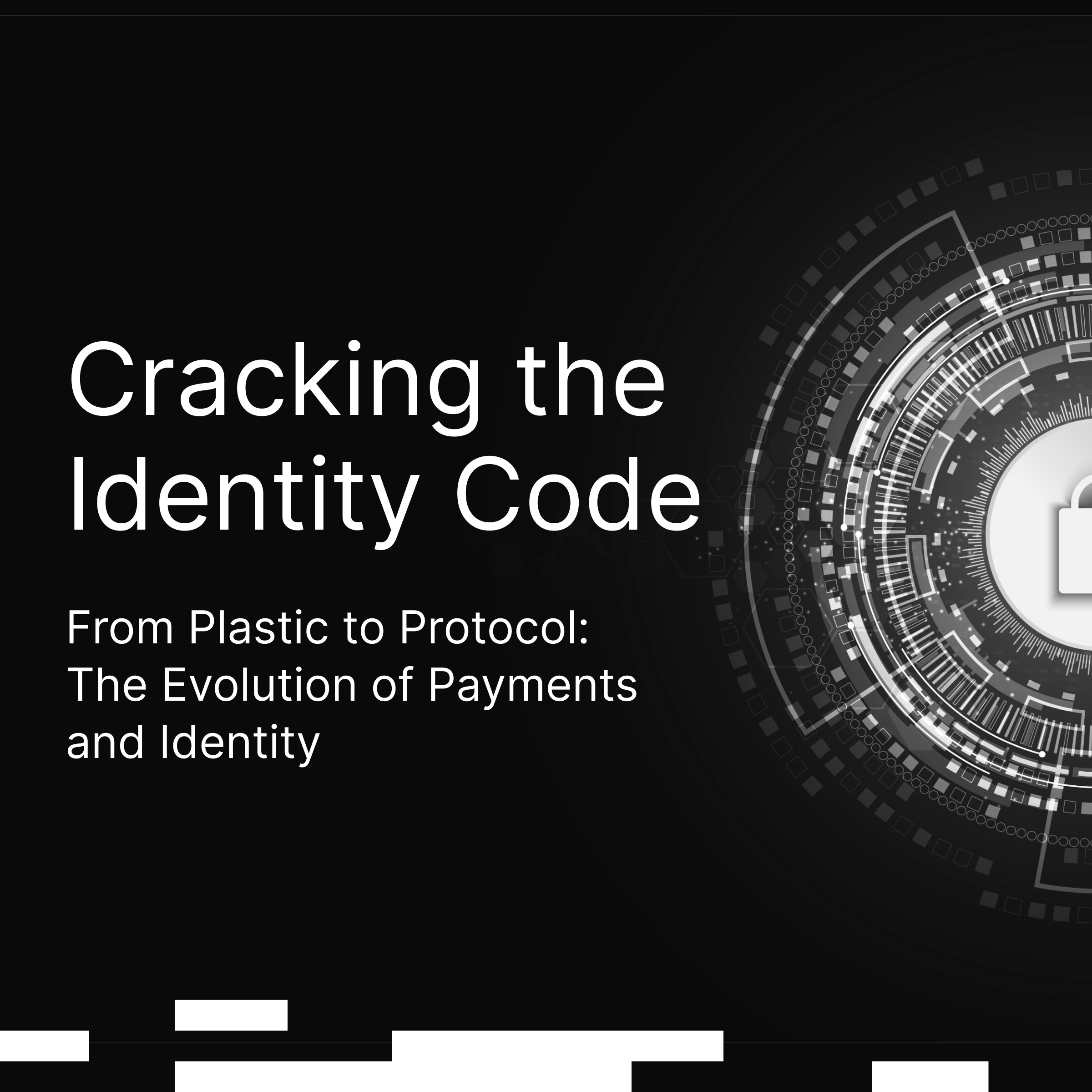

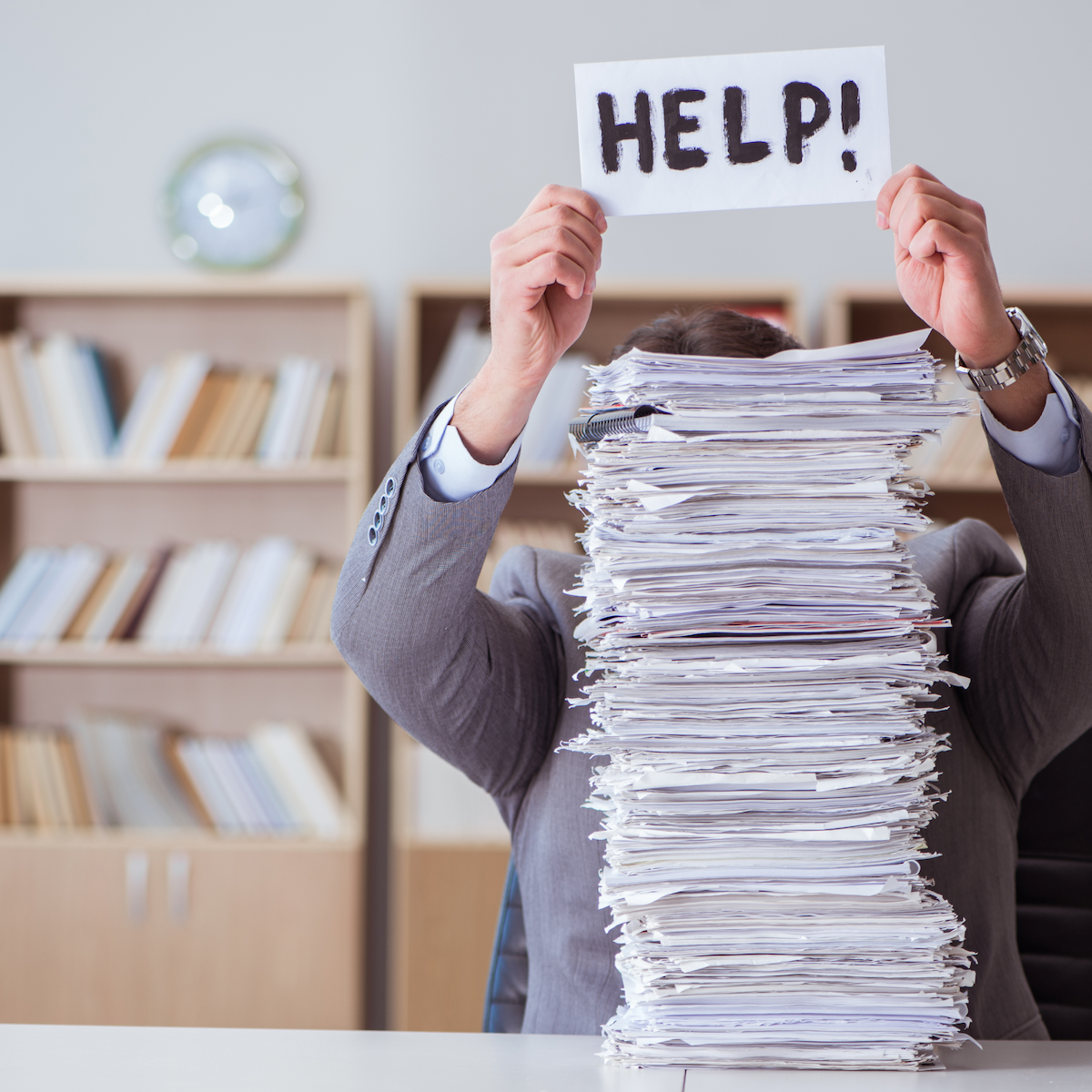
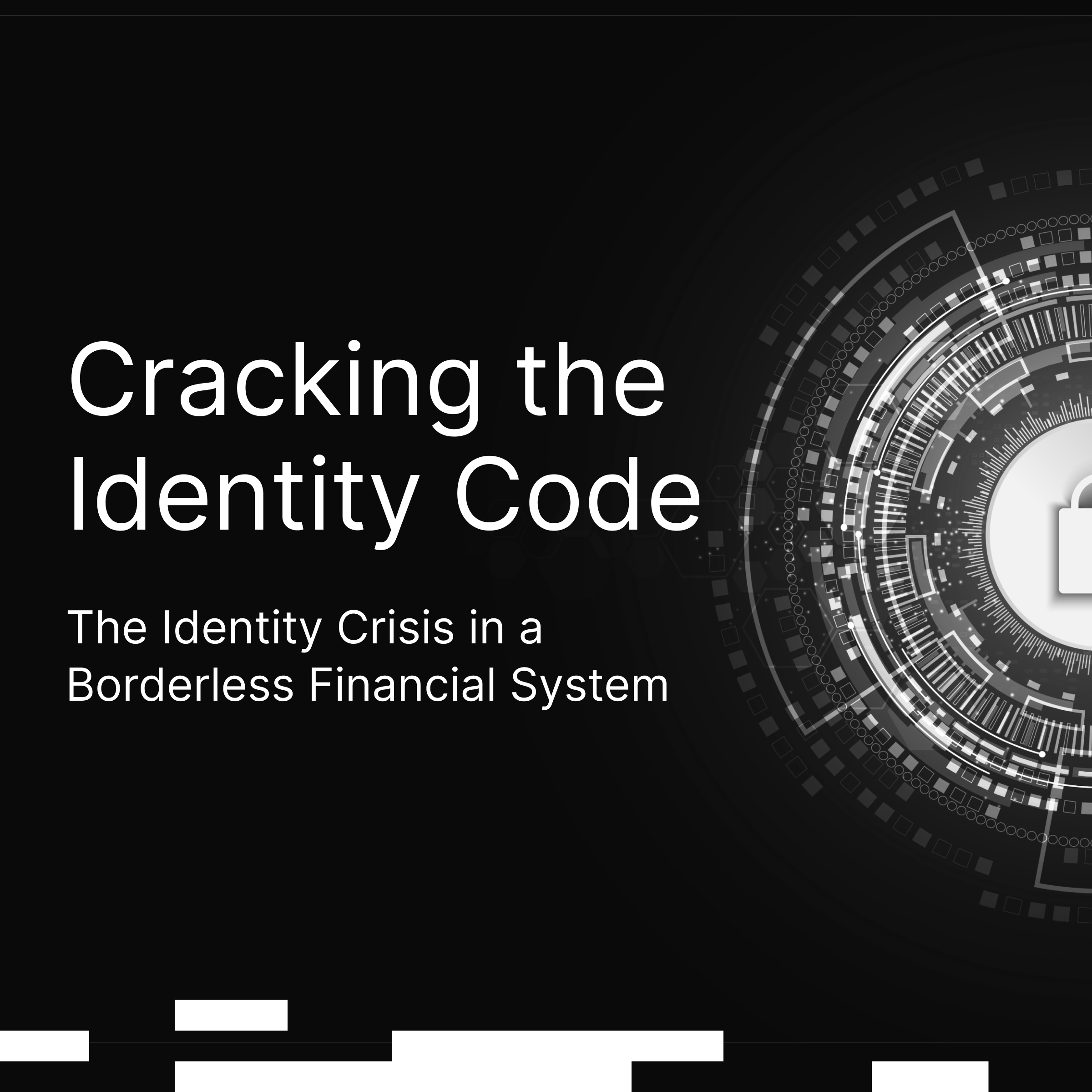




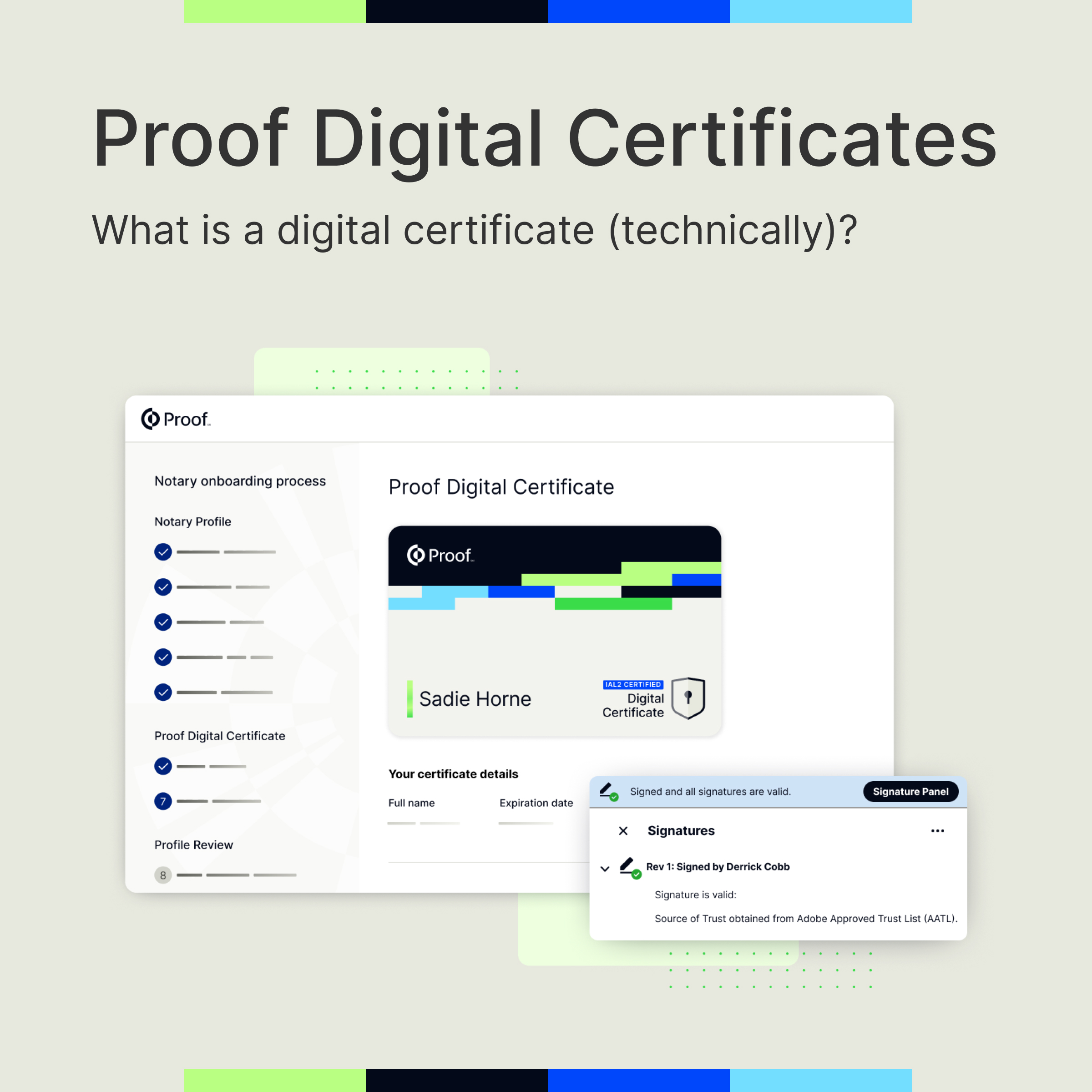


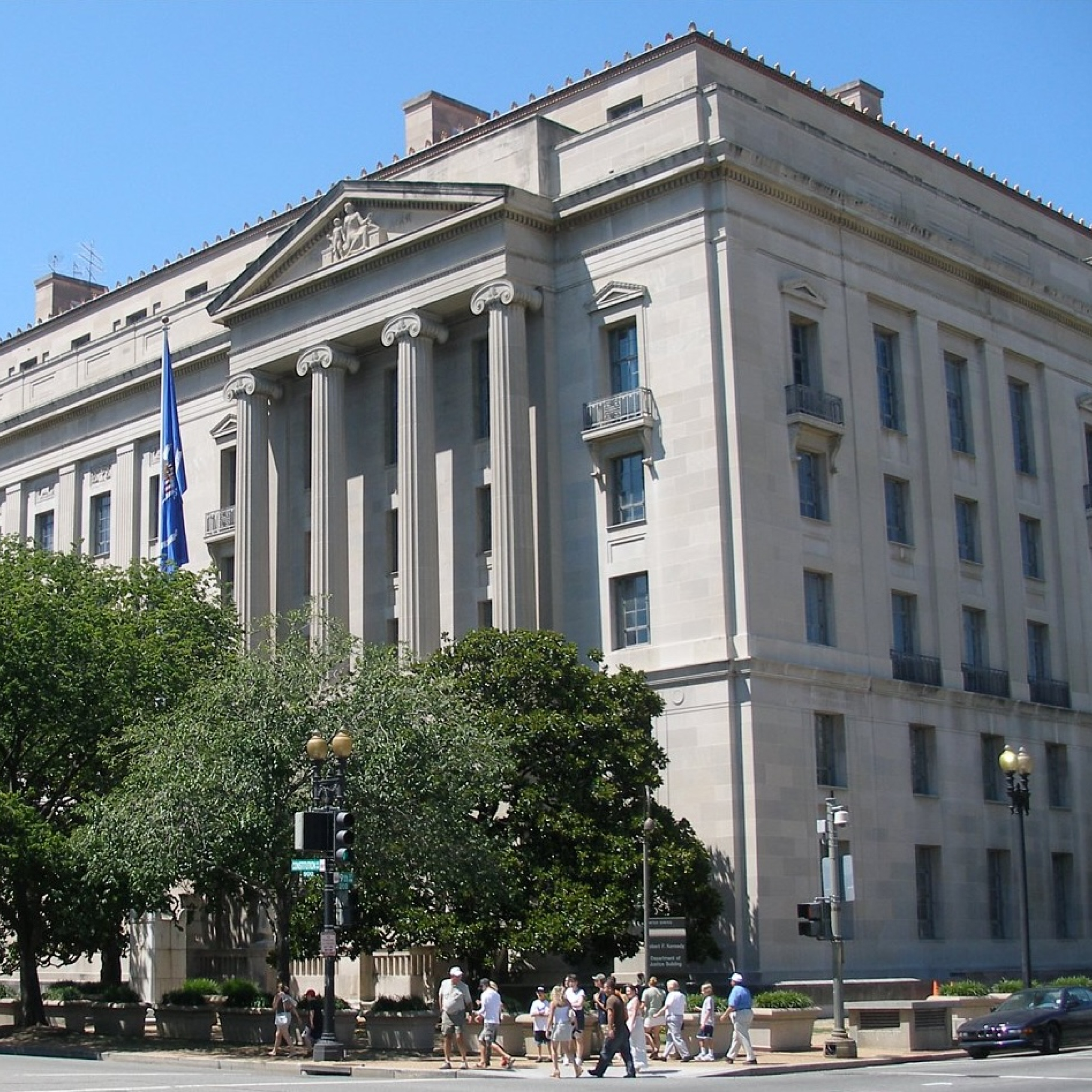
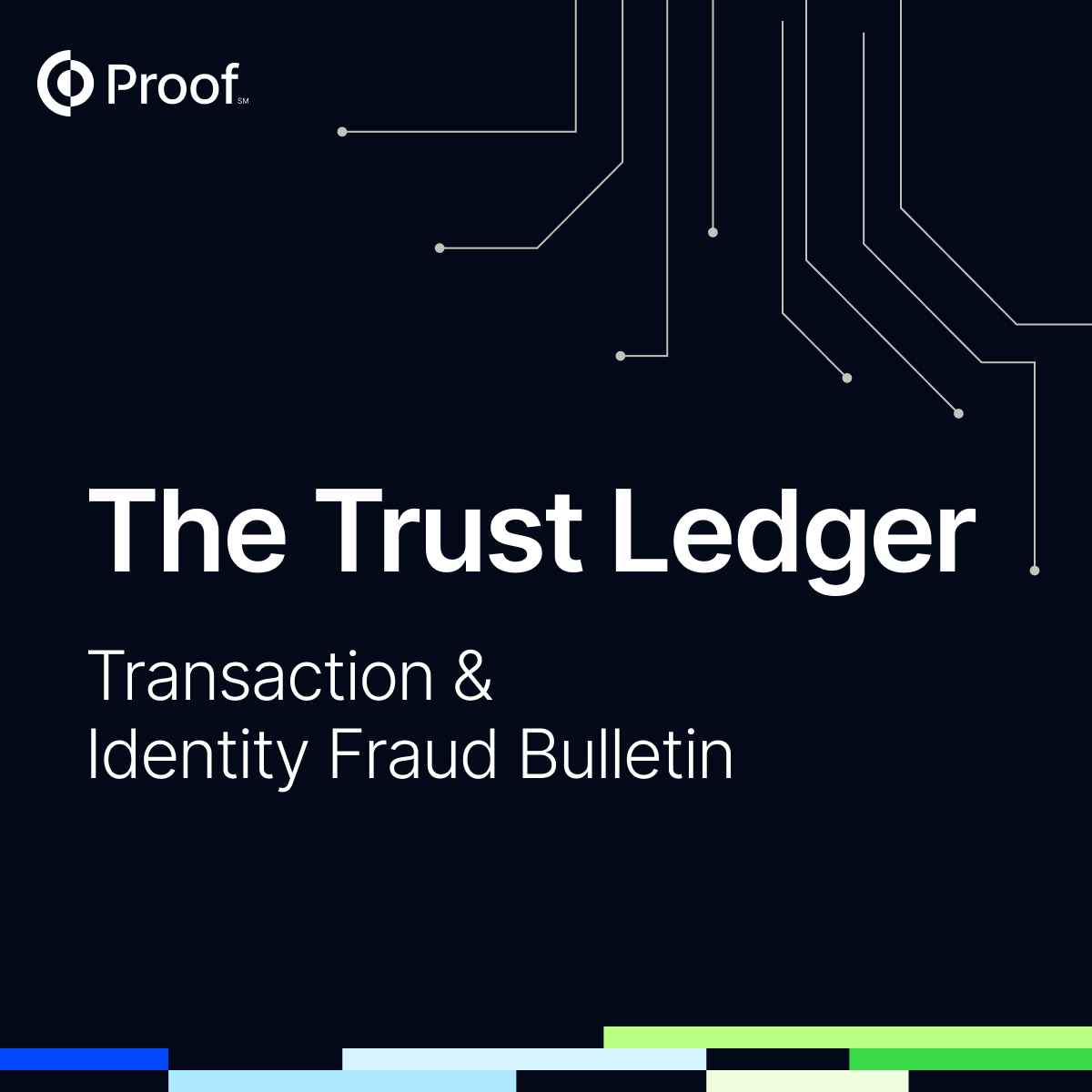
































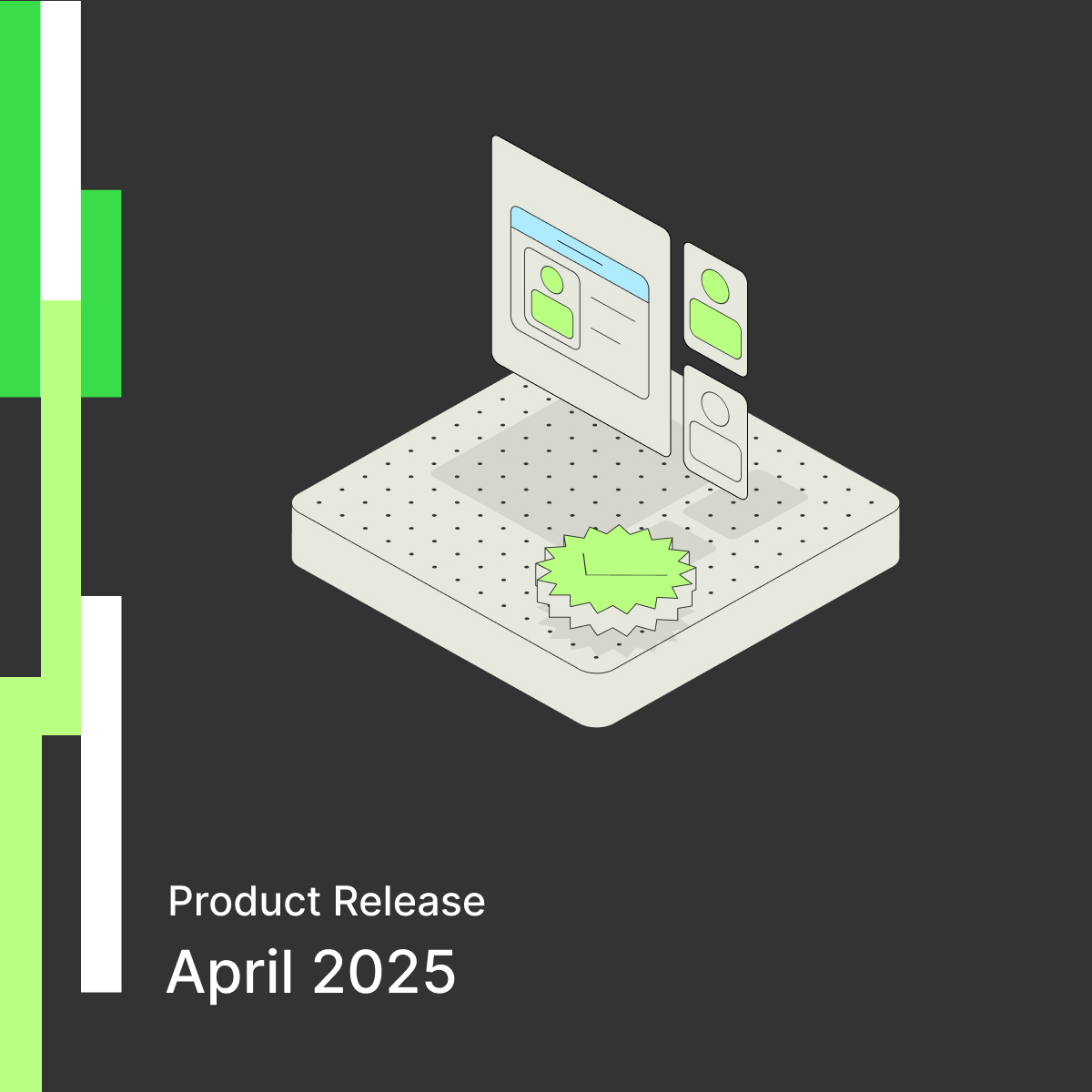













.jpg)





.png)

.png)







.png)

















.jpg)













.png)

